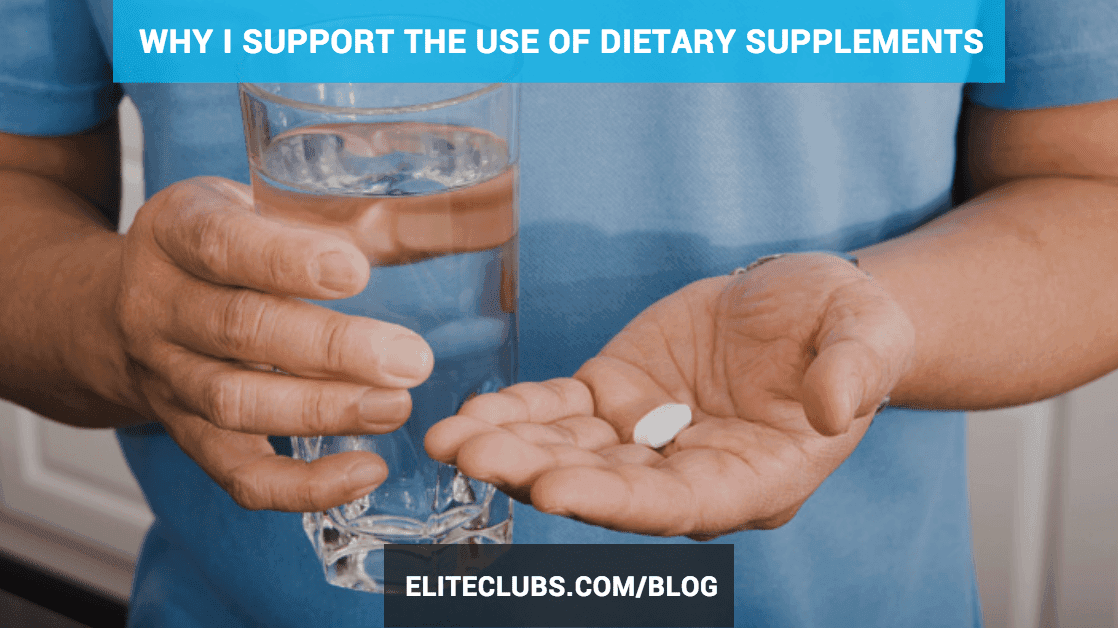
It’s true, it is often questionable to consider using Dietary Supplements for daily use. After all, we all eat a good amount of foods. So, what’s the point? And, to add to the questions, the FDA continues to examine the use of—or misuse of—supplements as being detrimental to the well-being of most Americans.
With all the facts on the table, I still contend that with various factors at hand we should give taking dietary supplements a good look. It has been my experience that with the environmental issues we have at hand, the amount of stress most of us endure on a daily basis, and the lack of adequate nutrition throughout the day from poorly planned meals or the lack thereof; it is probably best to take a conservative amount of most multi-vitamin and mineral supplements.
The FDA, by the way, does try to put forth a conservative evaluation of most nutrient products. Their evaluations can take several months if not years for good trials. However, to date, there are few products that have been deemed unhealthy unless the users themselves were taking well beyond the advisory levels.
In my professional career, I have never seen or heard of any serious cases of toxicity from megadose quantities of normal vitamins, minerals, or herbal products, for that matter. So, the responsibility lies with the user. I will discuss their use with my clients, and if they agree, or have been using them all along, then it is up to them to continue the use.
Important reminders for the use of over the counter dietary supplements:
- Use the highest quality products from well known providers. This is not a place to bargain shop for the cheapest products. Part of the concern from the FDA has come from the lack of nutrient consistency from products which comes from just sloppy formulation.
- Look for dietary supplements that are listed as having high “bioavailability” as they are good choices for purchase. This listing indicates the rate of breakdown just after being swallowed and the nutrients are readily available within minutes. The sooner they are broken down the sooner the nutrients are available for absorption into your body. While some products contain candy-like coatings that take longer for breakdown, the better products have natural coatings that contribute to the overall value and potency of the product.
- Users of dietary products can help themselves a lot by taking most nutrients in the morning. Take ample water, have a basic breakfast without caffeine, then take your vitamin supplements. Caffeinated products can be used after a few minutes. The only nutrients not advised for consumption in the morning hours are magnesium and calcium, especially if users are taking a multivitamin product containing iron.
- It is extremely advisable that the user never take more dietary supplement than is recommended on the label. This is not the place for double dosing. It just is not a good idea. And, while the body can only take in so much nutrient at a time, it will simply “throw off” the leftover.
- Lastly, it is important to be consistent with the use of any supplement, as a lack of can often lead to a nutrient deficiency.
- Additional Note: Keep any vitamin and mineral supplements off the window ledge in the kitchen, but rather store in a cool dry place out of the sun.
All users of dietary supplements need to understand that this addition to your daily routine never takes place of a normal diet. It is advisable that we all work carefully to eat meals early in the day and on a regular basis.
There is no magic in the things we do. The body loves regularity and the more often we take the time to do the same things every day, the better our body function will be. If you have any questions, please check with your physician regarding your use of dietary supplements, medications you are taking, and any herbal products.
These are all decisions that you have to make for yourself and only YOU can do so!
Written by Rita Larsen, RDN, CD; Elite Sports Clubs Nutrition Educator & Diet Counselor
Rita is certified in Positive Psychology, University of Penn; has a BS in Dietetics from Kansas State University; and an Internship and Masters at the Indiana University Medical Center.
Schedule a Nutrition Consultation